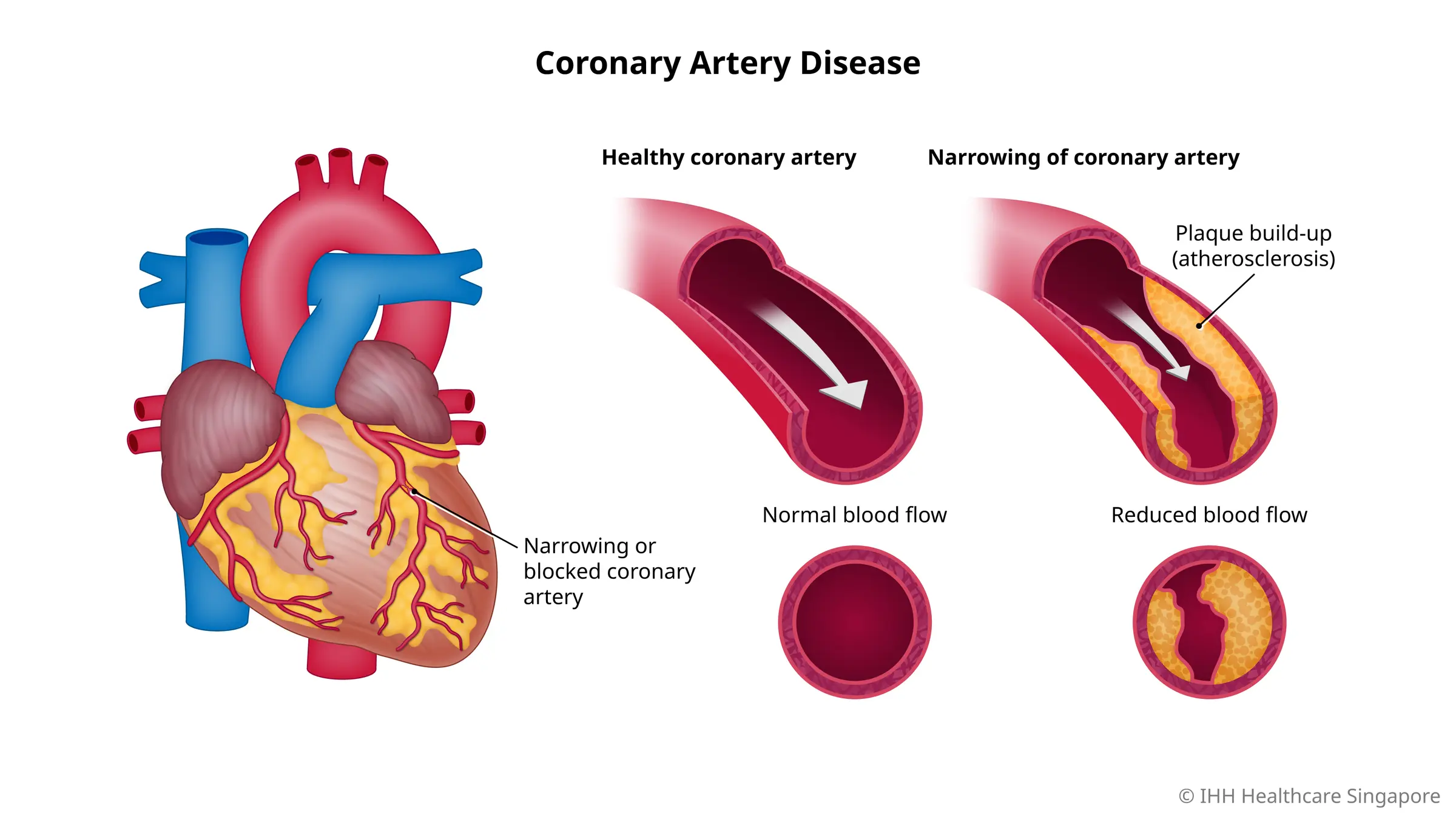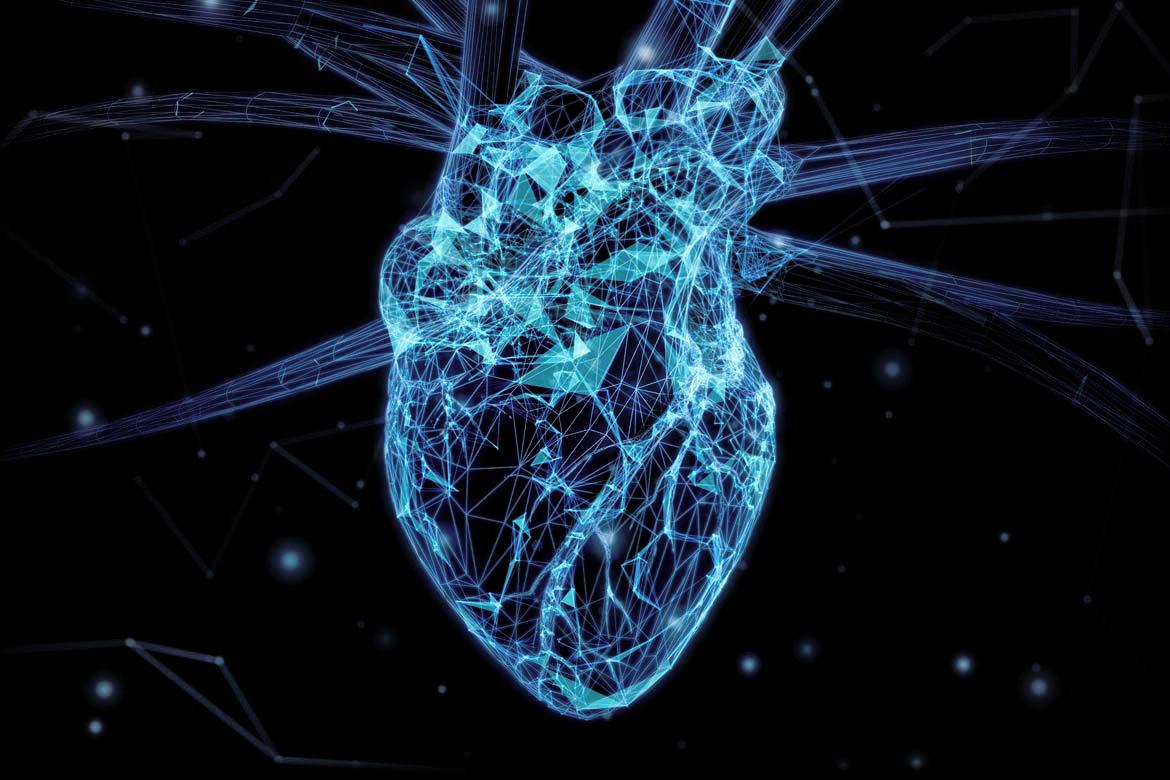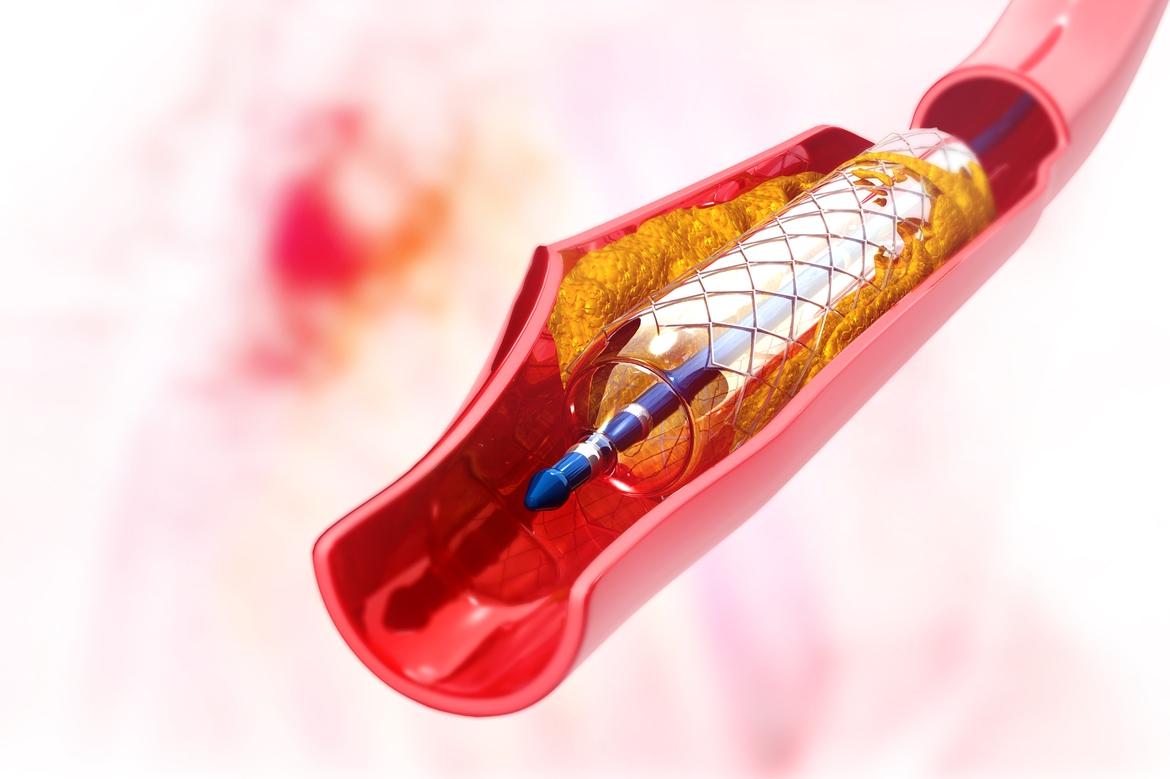-
-
Featured Care Areas

Coronary Artery Disease (CAD)
What is coronary artery disease (CAD)?
Coronary artery disease is one of the most common heart diseases in Singapore. It develops when fatty deposits, called plaque, build up in the blood vessels that supply blood and oxygen to the heart. This buildup is also known as atherosclerosis.
Over time, these blood vessels (known as arteries) become narrowed. This reduces blood flow to the heart and may eventually lead to impaired heart function.
What are the symptoms of coronary artery disease?
Some people may not experience any symptoms until they are on the verge of a serious cardiac event, such as a heart attack or heart failure. You may develop the following symptoms as plaque builds up in your coronary arteries:
Chest pain (angina)
During exercise or stressful situations, you may experience:
- Chest pain, tightness or heavy pressure on your chest
- An aching, burning or numb sensation that radiates from your chest to your back, arms, fingers, or neck
This pain, also known as angina, is a common symptom of coronary artery disease. It occurs when your heart needs more blood and oxygen than it is getting.
As coronary arteries severely narrow, just enough blood may reach your heart at rest. However, with physical exertion, the demand for oxygen becomes greater than the supply of oxygen due to the narrowed coronary arteries. Coronary artery blockage forces your heart to work harder as it needs more oxygen.
Other symptoms
You may also experience the following symptoms:
- A general feeling of pressure or heaviness
- Palpitations or rapid heartbeat
- Shortness of breath
- Weakness
- Dizziness
- Sweating
- Nausea
Common symptoms of coronary artery disease in women
You may experience different symptoms of coronary artery disease if you are a woman, older, or have diabetes.
These symptoms include:
- Pain or pressure that travels to the arm or jaw
- Burning sensation in the chest or upper abdomen
- Shortness of breath
- Irregular heartbeat
- Cold, sweaty hands
- Dizziness
- Fatigue
- Nausea
When to visit the UCC?
If you experience any of the following symptoms, please call 6473 2222 to visit our Urgent Care Centre (UCC) immediately:
- New, severe or intense chest pain that lasts for more than a few minutes
- Worsening pain when you walk or exert strength
- Dizziness, shortness of breath or excess sweat
What are the risk factors for coronary artery disease?
This disease can be attributed to a number of risk factors.
Non-modifiable risk factors
Non-modifiable risk factors are those that cannot be changed. They include:
- Age. As you get older, your arteries are more likely to be damaged or narrow.
- Gender. Overall, men face a higher risk of developing coronary artery disease. However, the risk for women increases significantly after menopause.
- Family history. If a close family member developed heart disease, especially at a young age, you face a higher risk.
- Ethnicity. If you are of South Asian, African or Caribbean descent, you face a greater risk of developing cardiovascular disease.
Modifiable risk factors
Modifiable risk factors are those you can take measures to change. They include:
- Smoking. People who smoke are 2 to 4 times more likely to get heart disease.
- Unhealthy eating habits. A diet high in saturated fat, trans fat, salt and sugar increases the risk of coronary artery disease. It also contributes to other risk factors such as obesity.
- Sedentary lifestyle. Lack of physical activity contributes to coronary artery disease and contributes to several risk factors such as obesity.
- High cholesterol. High levels of cholesterol in your blood can increase the risk of plaque formation and atherosclerosis.
- Obesity. Excessive body weight worsens the effect of other risk factors.
- Stress. Poorly managed stress may damage your arteries and worsen the effect of other risk factors.
- Diabetes. High blood sugar can damage your heart's blood vessels. People with diabetes are also more likely to have other conditions that increase their risk for heart disease.
- Hypertension (High blood pressure). This can cause your arteries to thicken or harden, which narrows the arteries and reduces blood flow.
What are the complications and related diseases of coronary artery disease?
Coronary artery disease can lead to:
- Heart arrhythmia (irregular heartbeats)
- Heart attack (myocardial infarction)
- Heart failure
This coverage checker is brought to you by Health Insured, an online resource that helps you understand your health coverage in Singapore.
This page has been reviewed by our medical content reviewers.
Need help?
For enquiries, please call
+65 6377 3737
For appointment bookings, please WhatsApp
+65 8111 3777









